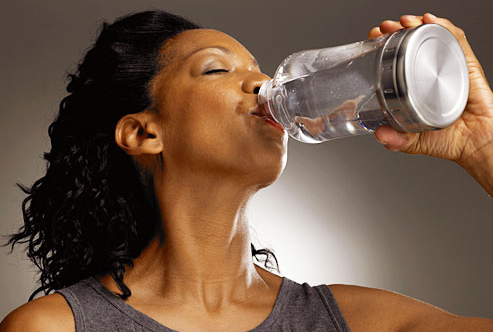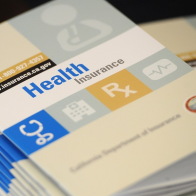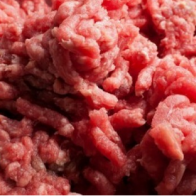
When was the last time you indulged in a glass of true-to-life tap water? Without the filter, the pitcher, the filtration system or even that fancy sparkling bottle your waiter brings to the table? It’s probably been a while but please continue to follow along. Tap water has gotten a bed rep over the years, especially following the advent of bottled waters like Perrier, Evian, and Fiji making their way into the beverage isle.
We’re a nation built on access to convenience. And sometimes it can be at the expense of our environment. The truth is, only 10 percent of water bottles are recycled. The process of giving these plastic bottles another life can actually negatively affect the ecosystem in our effort to “do good.” Recycling is extremely labor-intensive and burns natural resources. Spoiler alert: Many of the recycle bins you toss your used bottles in to may or may not get recycled. According to the research organization Earth Policy Institute, American’s demand for bottled water requires more than 1.5 million barrels of oil a year. Collectively, over $100 billion dollars is spent each year on bottled water. Either folks are extremely thirsty or the fear of drinking from the tap is an epidemic that needs immediate attention.
In 2010, Solvie Karlstrom and Christine Dell’Amore wrote in an article for National Geographic Magazine that, “Not only does bottled water contribute to excessive waste, but it costs us a thousand times more than water from our faucet at home, and it’s likely no safer or cleaner, experts say. A 2008 investigation by the nonprofit Environmental Working Group found some bottled water is sullied with untested industrial chemicals and may not necessarily be cleaner than tap water.”
ABC News discovered back in 2005 that bottled water companies make claims about the purity of the water and the resources in which it is tapped only to discover that the majority of these companies get their water from the taps themselves, charge consumers a premium and pretend that what they’re delivering is indeed of higher quality or sourced from a glacier in a picturesque mountain top. John Stossel writes, “Big-selling Dasani and Aquafina are also just reprocessed tap water from cities around the country. One of Aquafina’s sources is the Detroit River! At least the popular French water, Evian, does come from France.”
Another deterrent for many electing the bottle over the tap is the concern for the safety of tap water. Germs, spores, bacteria and fluoride are serious concerns for many consumers. Fortunately, the Environmental Protection Agency regulates city tap water which must meet standards for certain important toxic or cancer-causing chemicals such as phthalate (a chemical that can leach from plastic, including plastic bottles).
As reported by the National Resources Defense Council, here are additional rules and regulations required by the EPA to keep city water safe for residents (not required by the FDA for bottled water):
- Cities generally must test at least once a quarter for many chemical contaminants. Water bottlers generally must test only annually.
- Cities must have their water tested by government-certified labs; such certified testing is not required for bottlers.
- Tap water test results and notices of violations must be reported to state or federal officials. There is no mandatory reporting for water bottlers.
- City water system operators must be certified and trained to ensure that they know how to safely treat and deliver water — not so for bottlers.
- City water systems must issue annual “right-to-know” reports telling consumers what is in their water; as detailed in this report, bottlers successfully killed such a requirement for bottled water.
- Bottled water plants must test for coliform bacteria just once a week; big-city tap water must be tested 100 or more times a month.
- Repeated high levels of bacteria (i.e., “heterotrophic-plate-count” bacteria) in tap water combined with a lack of disinfectant can trigger a violation for cities — but not for water bottlers.
- Most cities using surface water have had to test for Cryptosporidium or Giardia, two common water pathogens that can cause diarrhea and other intestinal problems (or more serious problems in vulnerable people), yet bottled water companies don’t have to do this.
Bottled may be convenient but it’s certainly not better. Most bottled water companies have not been evaluated or tested for safety, leaving your next purchase a game of water Russian Roulette. Stick to the tap and filter it with an at-home system like PURE, Brita, or Zero water if you’d like a smoother taste. The environment will thank you and so will your body.
How often do you purchase bottled water? Will you ever give it up?







I don’t really purchase tap water. I have a filter but I had friends that tried to make me out to be some country bumpkin for drinking tap water.
@__A: I meant to say I don’t purchase bottled water.
Never. I’ve known for years that bottled water companies were unregulated. The only reason we hear about problems with tap water is because it’s being tested.
Don’t get me started on the bottles and the fossil fuels that go into creating them!
@_A I hear you. I know some folks who flat out refuse to drink water at my house because I don’t buy bottled. Of course they have no problem brushing their teeth, showering and washing their clothes in it.